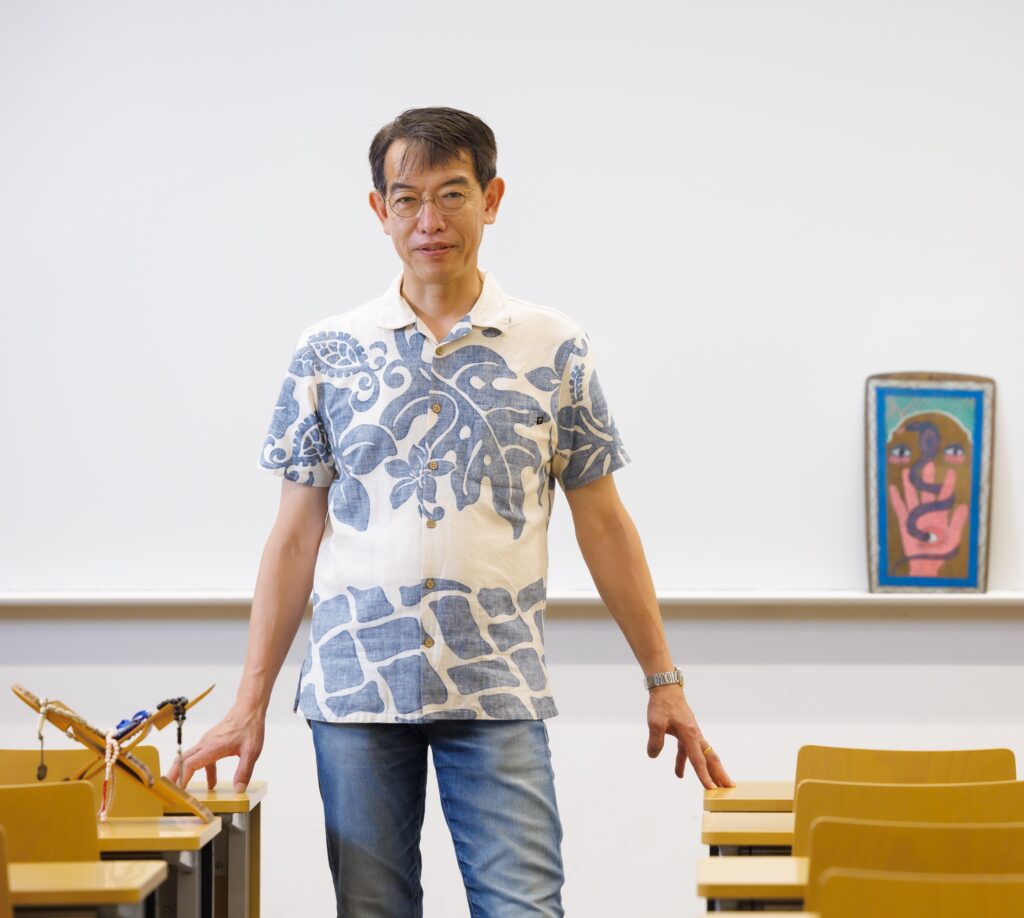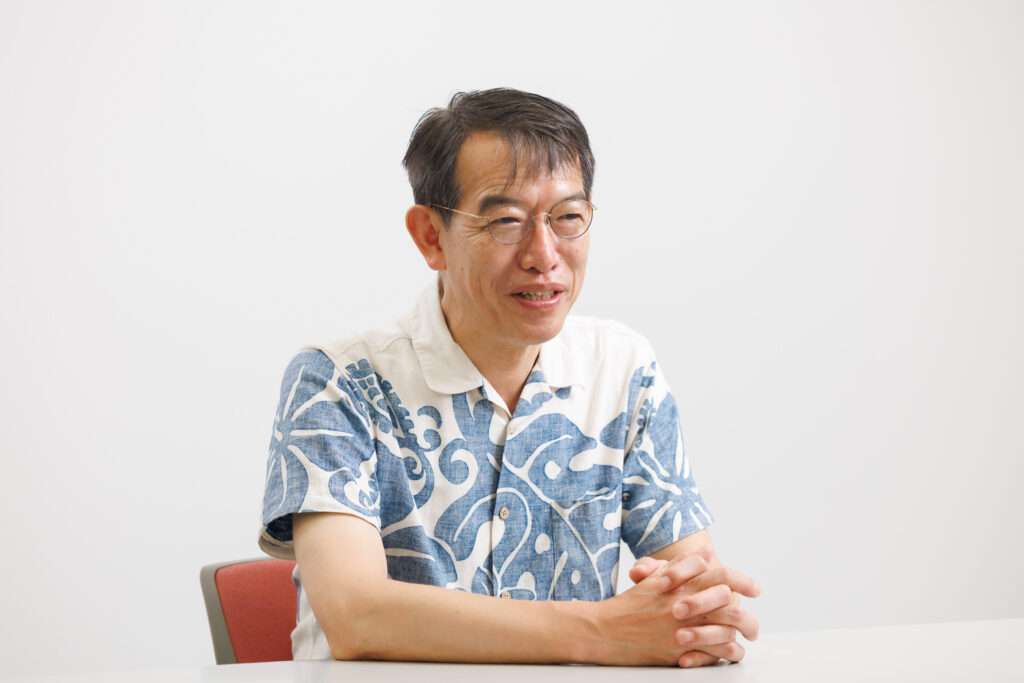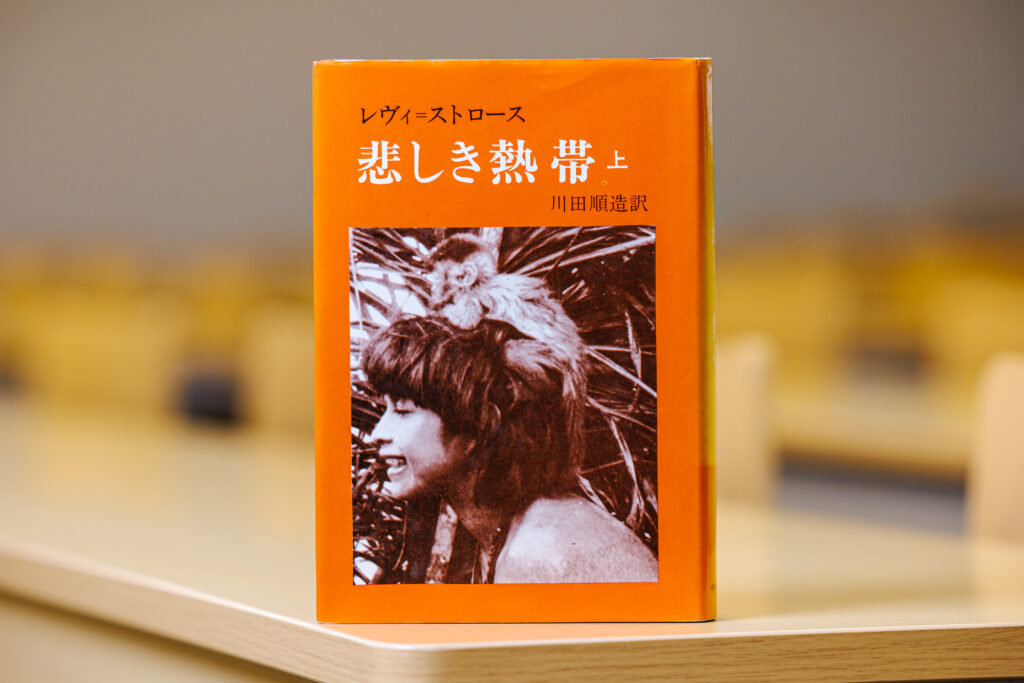
Professor Masayuki Akahori of the Global Studies, who studies Islam from an anthropological perspective. Muslims, adherents of the Islamic faith, are known to believe in one God, Allah, and follow diligently many aspects of daily life in line with his word. But Professor Akahori discusses another aspect of the Islamic faith, saint veneration.
Around a decade ago, a unique comic and animated series called “The 99” became a hot topic in the West and around the world. It featured a team of 99 superheroes—each with a special ability based on one of the 99 attributes of Allah—battling against evil. I saw common threads with traditional saint veneration of Muslims when reading through the comics.
Muslims, living in a reality full of contradictions and difficulties, have believed in one God, but have also believed that the saints and objects related to them, including tombs, clothes and other personal properties have special power. Such veneration of saints and belief in holy relics is a faith that might feel familiar to Japanese people, many of whom visit Shinto shrines and Buddhism temples in their search for grace.
Reinstatement of saint veneration amongst modern youth

A large number of saints in Christianity are clergymen. In Islam, saints include a broad range of people: mystics, the descendants of the prophet Muhammad, scholars, politicians, and great soldiers, as well as various unknown and nameless persons. Divine protection of saints extends extensively to cover healing of disease, child bearing, academic achievement, and good harvests. There are a good number of female saints as well. These Islamic saints differ to those in Christianity in that most bear offspring, and their descendants and disciples go on to become saints or influential people in the community. The popularity of “The 99” may stem from the way the marvelous stories of traditional saint veneration have been recreated in an innovative manner to capture the imagination of today’s Muslim youth.
Mutual understanding begins from focusing on similarities rather than differences
The airing on TV of the animated series of “The 99” was put on hold however, following criticism from both Muslim and non-Muslim circles. This level of resistance can be linked to fundamentalism, a movement that aims to return to extreme founding beliefs. The term “fundamentalism” came to be used because proponents are very concerned with the original form of Islam.
Yet what they deem to be the “fundamentals” of Islam is merely based on their own interpretations of the Quran and Hadith that lie at the core of Islam. Fundamentalism is neither orthodox doctrines nor essence of its faith. As the internet becomes increasingly accessible, Muslims around the world actively discuss the question “What is authentic Islam,” and by no means do fundamentalists represent what it is to be a typical Muslim.
While we human beings share many traits, we have also developed a wide variety of lifestyles, with differences arising from various factors such as environment and history. Anthropology, the area of my specialty, is a study of how this sense of ubiquity and diversity is assembled in individuals, in multi-layered groups such as tribes, ethnic groups and nations, and in religions such as Islam—in an attempt to gain a better understanding of human beings. Rather than focusing on the obvious differences among us, I think it is important to keep sight of the vast yet unnoticeable commonalities that lie beneath the differences.
Instead of turning our attention only to the extreme nature of Islamic fundamentalism, people should shift their gaze toward the 99 superheroes and their archetypal saints with both of whom we can empathize. Through my research, which reveals another face of Islam, I would like to contribute to shortening the distance between the Japanese people and Islam.
The Book I recommend
“Tristes Tropiques (Sad Tropics)”
by Claude Lévi-Strauss, translated by Junzo Kawada, Chuokoron-Shinsha

A collection of essays by Claude Lévi-Strauss, one of the leading intellects of 20th century France. I read it when I was a college freshman and had just discovered the wonder of anthropology. His travel stories to the indigenous people of the Amazon, translated in excellent Japanese, are worth a read, and they provide a valuable insight into the realm of anthropology.
-
Masayuki Akahori
- Professor
Department of Global Studies
Faculty of Global Studies
- Professor
-
Graduated from College of Arts and Sciences at The University of Tokyo and received his M.S. at the Graduate School of Sociology. After studying in Egypt, received his Ph.D in Cultural Anthropology at The University of Tokyo’s Graduate School of Arts and Sciences. Lecturer at the School of Law at Senshu University, lecturer, associate professor and professor of Foreign Studies at Sophia University, and his current role from 2014.
- Department of Global Studies
Interviewed: August 2022